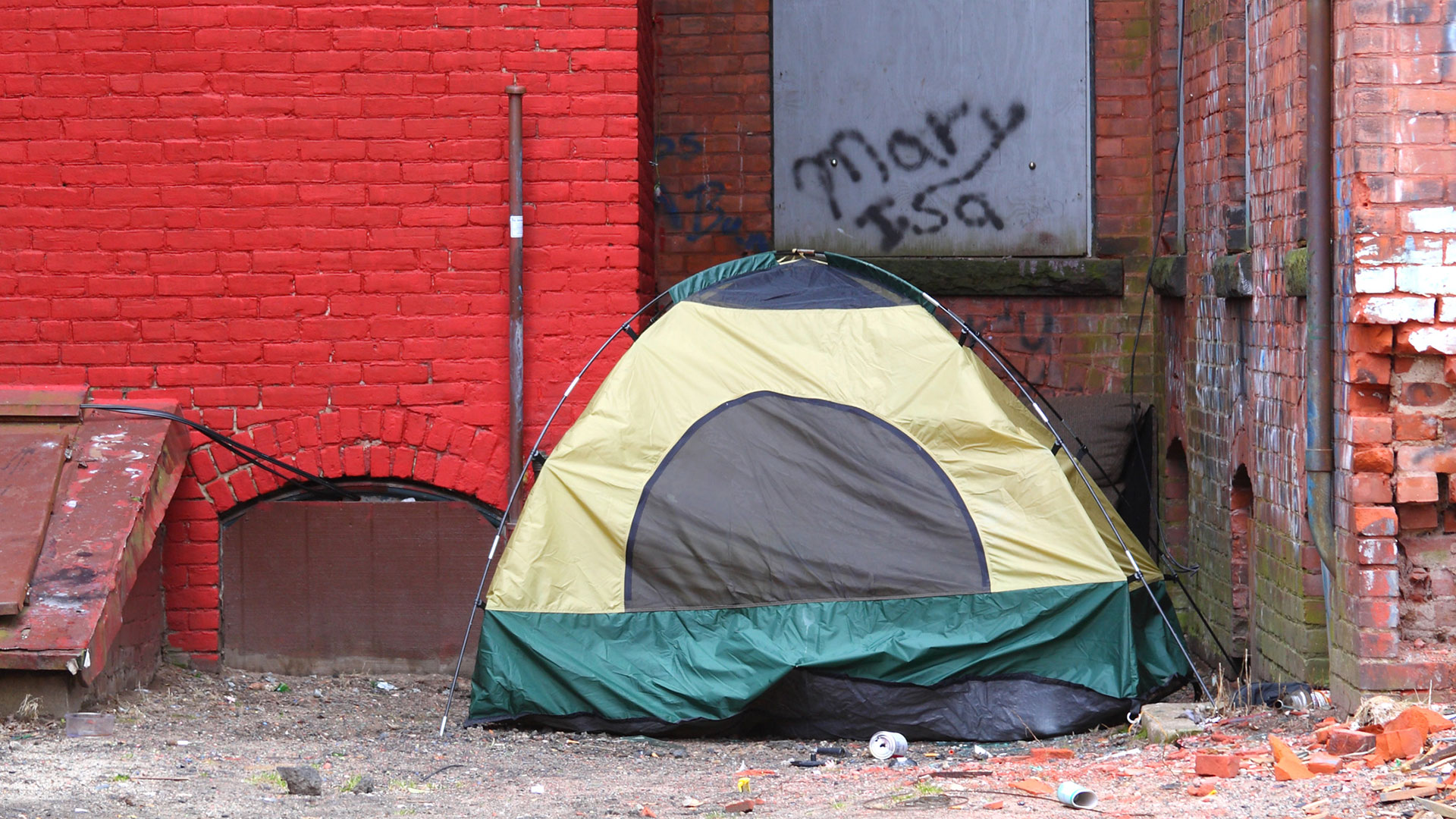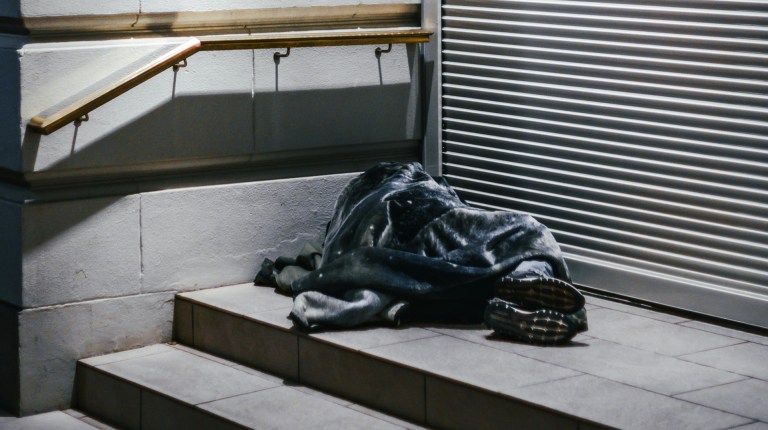“I approached Anthony Walker, who is head of homeless strategy at Wolverhampton Council, with a proposal as we had had conversations previously about innovative ways to find solutions to this complex problem.”
The project was developed after people with no recourse to public funds (NRPFs) – meaning they have no access to state benefits – were identified as a particular concern in efforts to reduce rough sleeping in the area.
In what the charity describes as a “catch-22”, many migrants find themselves in difficulty after travelling to the UK when seasonal work – such as fruit and vegetable picking, industries on which the economy depends – dry up. Unemployment leads to a loss of accommodation, which can prevent people from being able to secure work, and they become trapped in the cycle of poverty.
The partnership is also targeting those who may have been trafficked to the UK and left dependent on those who transported them here under false pretences.
Hope into Action won first place for Innovation in Housing at the Homeless Link Excellence Awards.
The franchise manager said: “The idea is partly from the council’s point of view that an upfront cost is largely outweighed by savings down the line associated with the cost to the local authority of long-term rough sleepers.
Advertising helps fund Big Issue’s mission to end poverty
“It seems to us that it could be used elsewhere as a new way of working alongside NRPFs to try and catch them early and get them back into accommodation and work.”
We only charge £80 a week in rent – or a bit less if you pay regularly by standing order – which is affordable to a working resident, as opposed to many other providers and hostels who charge upwards of £200 or even £250 a week
People can be referred to the scheme through the Wolverhampton Church Shelter, the Refugee Migrant Centre and through outreach times which work in the city centre. Once project participants have been housed, they are given “substantial” support to get back into work via Hope into Action as well as other local charities. “The whole scheme is about partnership,” adds Matt Lambert.
He explained that their greatest challenge is finding housing providers that charge rates which are realistic for their new tenants.
“They have to be running a financial model of accommodation that means the resident moving in can afford the rent,” added Lambert
“We only charge £80 a week in rent – or a bit less if you pay regularly by standing order – which is affordable to a working resident, as opposed to many other providers and hostels who charge upwards of £200 or even £250 a week.”
Prospective candidates for the scheme have to satisfy a set of criteria, which range from being able to speak, read and write English to a level B1 or equivalent on CEFR (Common European Framework of Reference for Languages).
Advertising helps fund Big Issue’s mission to end poverty
A council spokesman attributed concerning homelessness statistics to “the impact of welfare reforms and the reduction in resource for services”.
Moving forward, Hope into Action is looking to explore the viability of expanding the scheme to work with local businesses.









